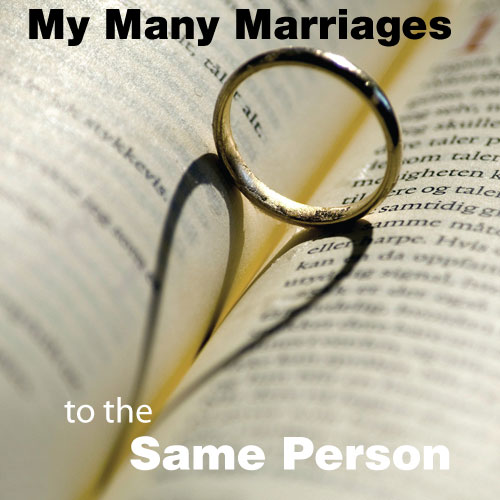When Desires Don’t Match

When couples marry they rightly expect that there will be a willing participation in a shared life together across a range of activities including sexual intimacy, intimate conversation and parenting for example. But what happens when there is a difference in the desire for the amount or style of one or more of these activities?
It’s called a ‘Desire Discrepancy’ and it happens in every marriage. For example Desire Discrepancy can occur in our social life; when one spouse is an introvert and the other an extrovert, there will inevitably be disagreements over how often to socialise together. While the extrovert can seek his or her socialisation fix without the introverted spouse, it can pose risks to the relationship if it develops into a frequent habit and causes him or her to neglect the marriage. When the Desire Discrepancy falls in the areas of sexual intimacy, this can cause significant tension in a marriage as, unlike socialising, our marriage vows explicitly prohibit either spouse fulfilling this desire outside the marriage.
Importantly, whenever there is a Desire Discrepancy for a particular shared activity between us, there will be an imbalance of power; the one with the lower desire holds the power over the one with the higher desire. As a generalisation, women tend hold the power in the couple’s physical intimacy whereas men hold the power when it comes to intimate conversation. This is not intentional; it is simply the natural consequence of biologically driven sexual differences. Men have more testosterone and so have a steadier sex drive while women have a brain structure that supports the verbalisation of emotional experience.
Of course our marriage vows don’t just ask us to love each other to the level we desire; they call us to total self-giving. In practice this means loving the other the way they most desire to be loved, on their terms. This type of loving is not only good for the other it is also good for us as it takes us outside our own limitations and stretches us. This is what marriage does; it makes us grow, grow both together and individually.
We call this SmartLoving, loving the other the way they most experience love rather than the way we instinctually express love. It is true, generous loving. It is intentional loving. And importantly, over time it effectively manages Desire Discrepancies which, left unaddressed, undermine a marriage.
Being able and willing to meet the emotional and sexual needs of our spouse bonds us together and builds intimacy and affection. Equally, its absence does the opposite; and mostly it all happens without the conscious awareness of what’s going on.
The good news is it only takes one to start the process. You can choose to actively meet your spouse’s needs rather than stubbornly waiting for the other to change. The thing is, when our needs are being met by the other we naturally become more generous towards them and so the initiator can create a virtuous circle.
So be the first to act in love and selflessness and be the catalyst that begins the transformation of your marriage.




